Featured Quizzes
User Quizzes
Create Quiz
Data and Charts
Badges and Games
About JetPunk
JetPunk Shop
Dark Mode

Official Languages of the World
Can you name the national languages of every country in the world?
Source: Wikipedia
National languages only - not regional languages. Some countries also acknowledge sign language varieties which are not shown,
Countries without a dejure official language, only a defacto one, are marked in blue>
Bolivia has 37 official languages, Zimbabwe 16, and Mali 13. This quiz includes the most prominent.
Rate:
Featured Quiz
Last updated: October 20, 2023
You have not attempted this quiz yet.
More quiz info >>
| First submitted | January 7, 2013 |
| Times taken | 298,561 |
| Average score | 55.8% |
| Rating | 4.99 |
10:00
Enter language here:
0
/ 120 guessed
Time Used
00:00
Best Time
00:00
The quiz is paused. You have remaining.
Scoring
You scored / = %
This beats or equals
% of test takers
also scored 100%
The average score is
Your high score is
Your fastest time is
Keep scrolling down for answers and more stats ...
|
|
|
New and Popular
Save Your Progress
Copyright H Brothers Inc, 2008–2024
Contact Us | Go To Top | View Mobile Site

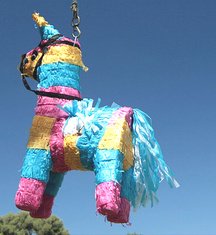

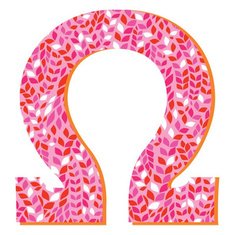
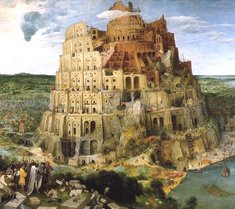


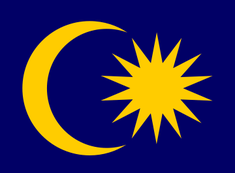
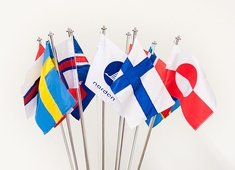
I looked at the Dutch government's own website where it implicitly states that Dutch is indeed the official language, and that Fries (Frisian) is the second official language in that particular province. Papiamento and English are also considered as official languages in the Caribbean Netherlands.
English, Urdu, pashto, Punjabi,Sindhi, saraiki, Baltit, Farsi, Hindko, Baluchi, Brahui etc. That’s not even exhaustive.
Now divide the land area of India by Pakistan, and multiply the languages above, and that’s APPROXIMATELY how many MAIN languages are spoken in India.
I don’t know that much about China, but seeing as how you missed Cantonese I’m guessing you made similar omission there as well. Please correct.
https://www.britannica.com/topic/Holy-See
(From America so ignorant to this stuff)
When I was writing this answer, I first wrote "at 3th grade", but then I changed it "on 3th grade", and I am not sure, whether either of them is correct. So, often choosing the correct preposition is still a guessing game for me.
South Africa and Ethiopia are killers
By the way, Chinese is not a language but more like a language family since for example, Mandarin and Cantonese are definitely mutual unintelligible, so please do not include Chinese as a correct type in.
Nice quiz though
Got better by now.
Thanks, anyway
The Wikipedia Page for the Vatican City does mention Latin in the sidebar, yes. However if you follow the source it cites, you'll notice that source actually doesn't say that - in fact it says quite the opposite: that Latin is not an official language of the Vatican.
Also on that same Wikipedia page, if you scroll down to the section on Languages it expands on that and correctly explains that while Latin is used on official documents for the Holy See, it is not an official language of the Vatican.
TL;DR - the sidebar on the Wikipedia page is wrong.
Hence, the terms official and national shouldn't be used interchageably.
As for Bolivia, 75% speaks Spanish, 25% speaks Quechua, and 16.77% speak Aymara before it drops to Guarani with 0.69%. A cutoff of 3 seems logical.
And finally Zimbabwe, 40% speaks Shona, 35% speaks northern Ndebele, and finally English with 85% of the population speaking it as a second language.
Welsh is spoken by a tiny minority. Even in Wales, few speak it as their first language.
Why not add Polish or Punjabi? Those languages have more speakers in the UK than Welsh does.
So it defeats my color scheme system. Maybe I'll do something about it at some point.